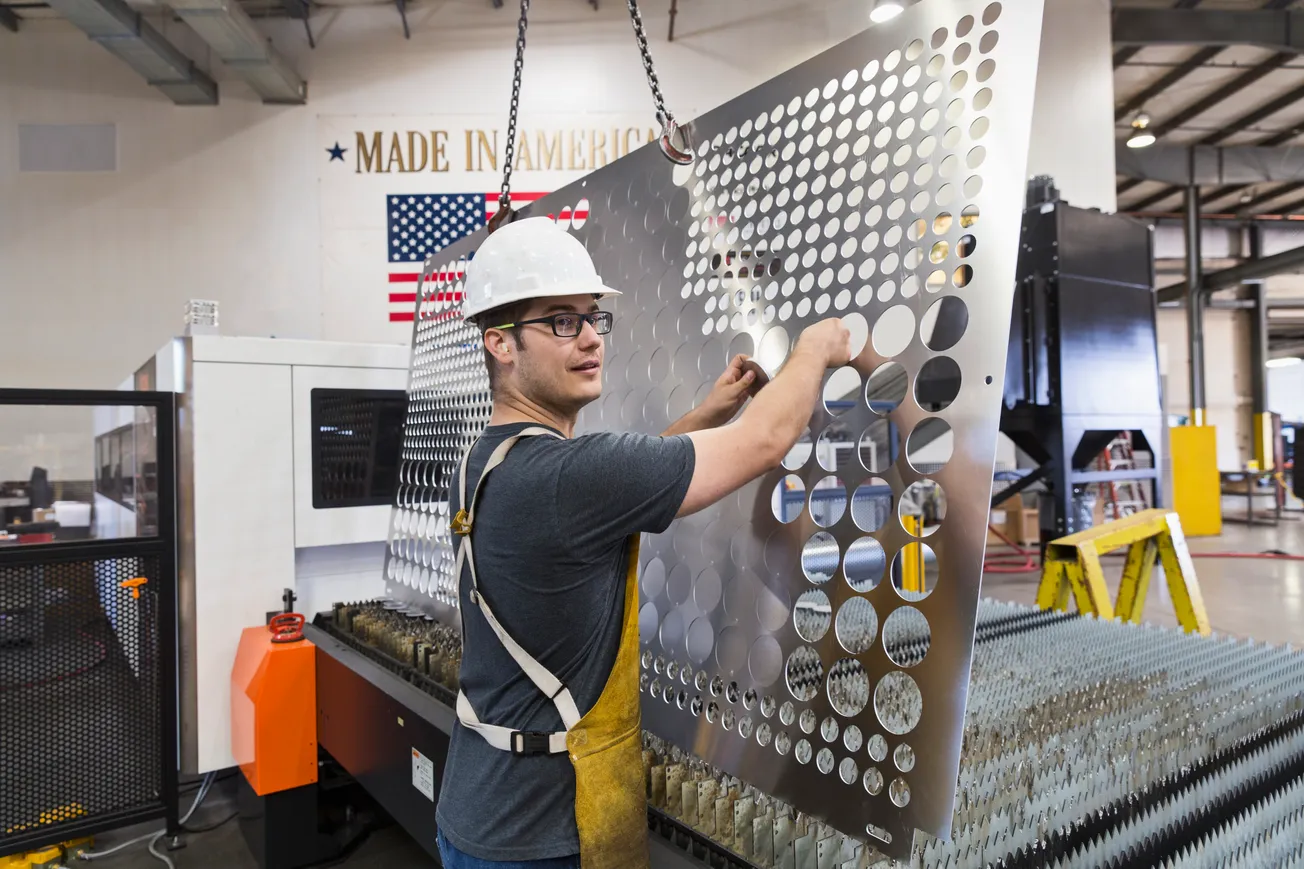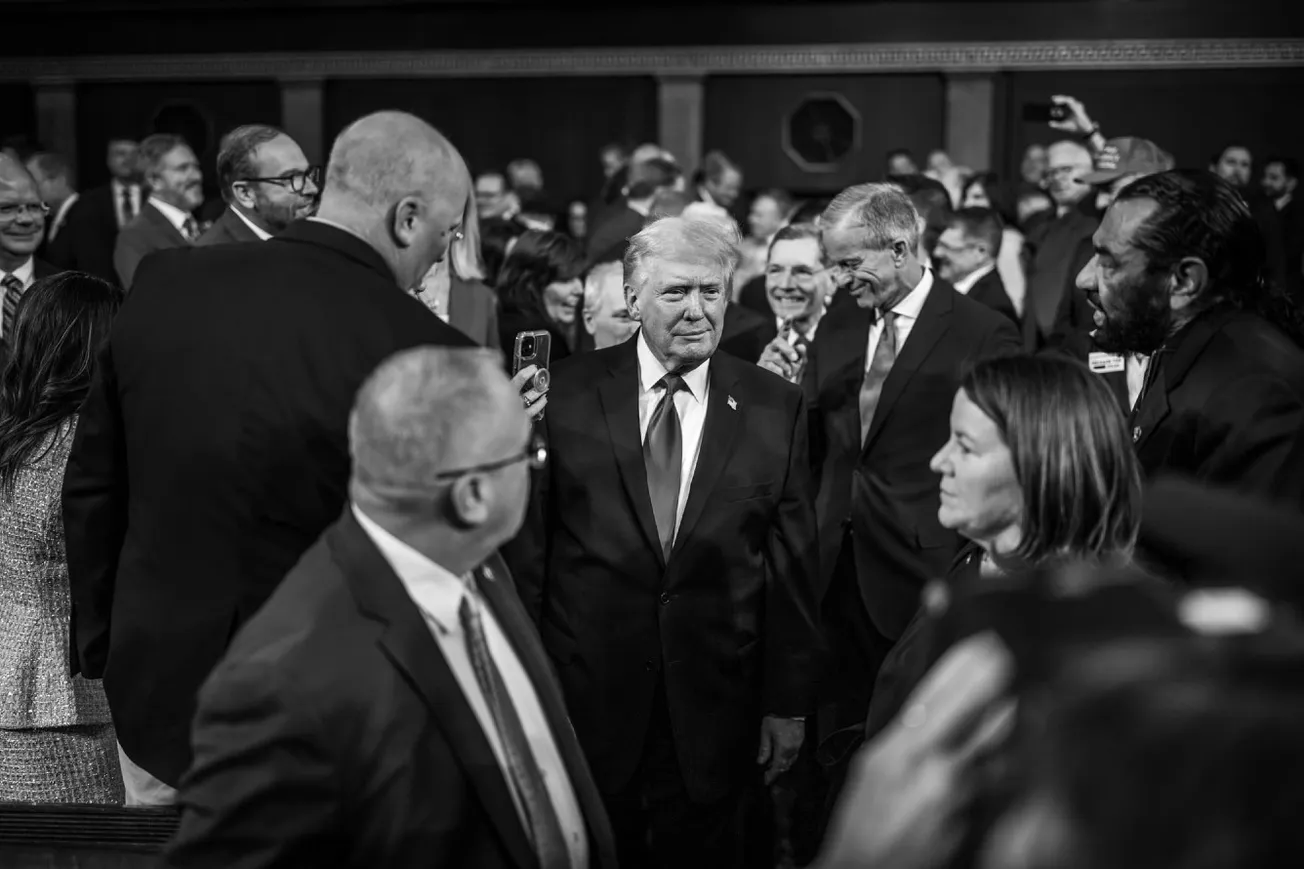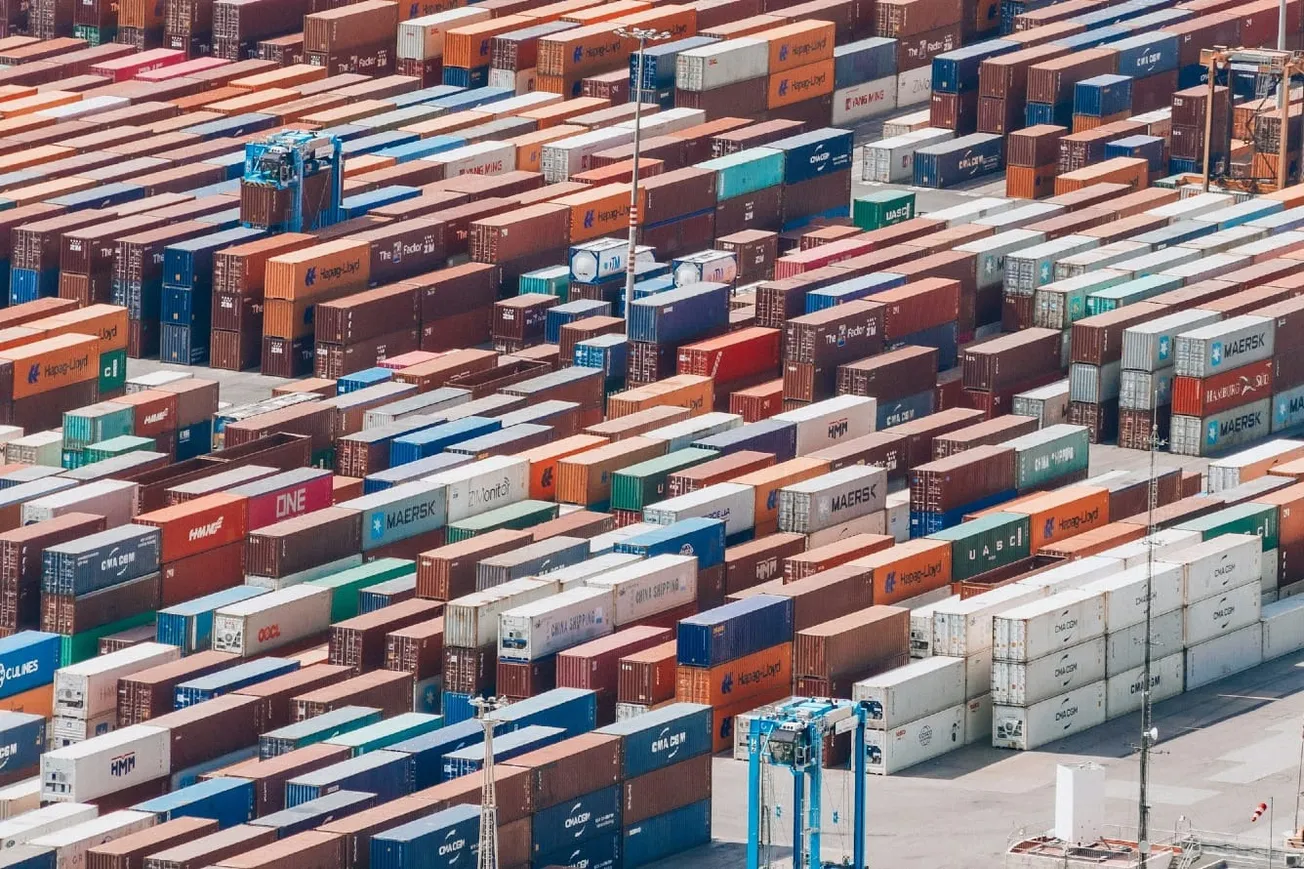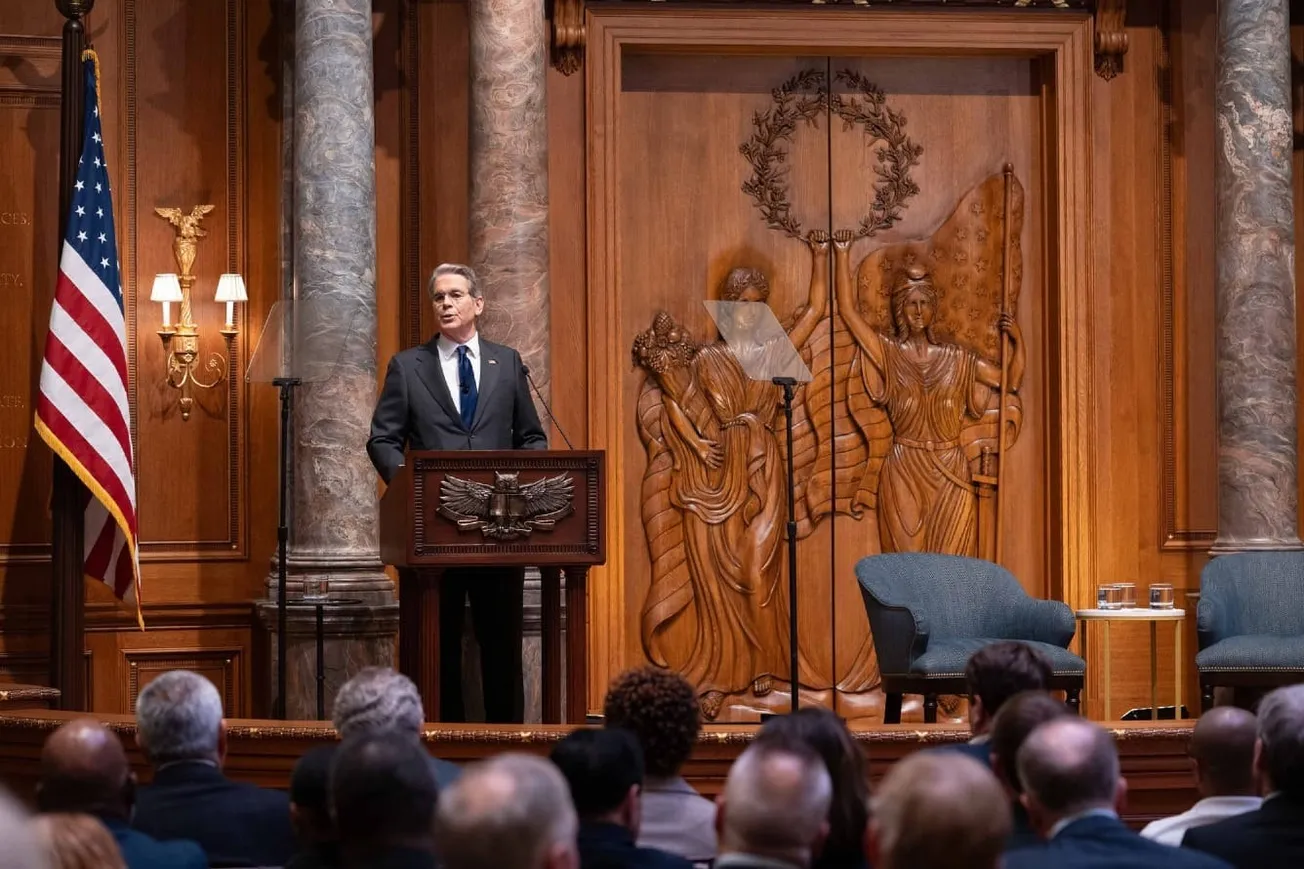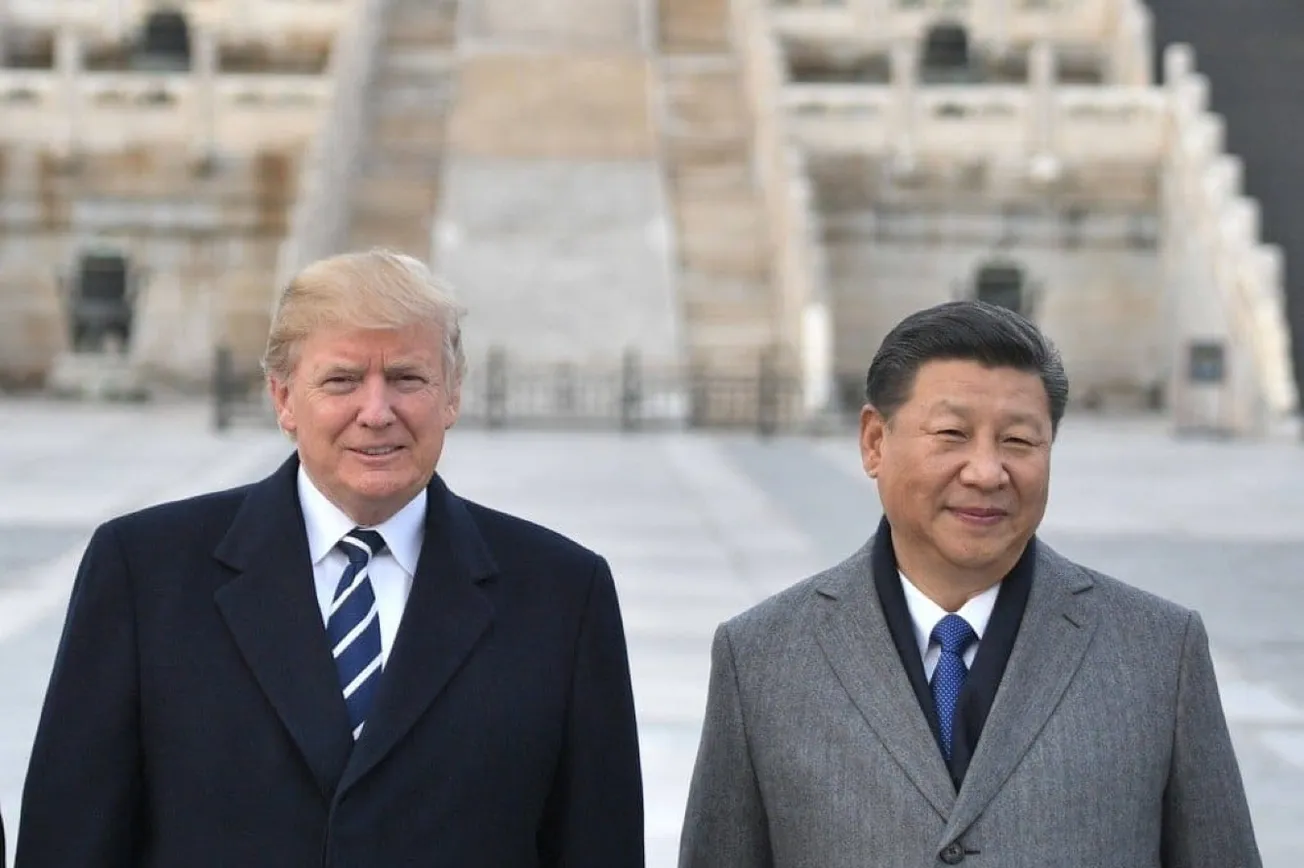In an ideal world that believes in free trade, countries would import and export goods and services without tariffs. Of course, this utopian world exists only in economic textbooks. In the real world, countries impose tariffs for various reasons - to protect domestic industries, as leverage in trade negotiations, to safeguard national security, etc.
During his first term, Trump imposed tariffs on many countries - primarily Mexico and China - that he thought played unfairly on world commerce platforms. For nearly 35 years, going back to his appearances on Oprah Winfrey and Phil Donohue, Trump has been consistent in saying that other countries take advantage of American trade policies that do not impose tariffs on imported goods. Still, these same countries levy hefty tariffs on goods that the U.S. exports.
At the Philadelphia debate with Vice President Kamala Harris, Trump said: "Other countries are going to finally, after 75 years, pay us back for all that we've done for the world, and the tariff will be substantial." His proposed across-the-board 10% tariff would raise "hundreds of billions of dollars."
Harris responded that tariffs are effectively a "sales tax" on American households. However, her charge was weak and hypocritical because the Biden-Harris administration has continued the Trump tariffs on China to this day. Recently, President Biden announced that he would levy a 100% tax on Chinese electric vehicles.
In recent days, the Trump campaign has become more specific about its tariff plans. Howard Lutnick, the head of Donald Trump's Transition and Policy team, appeared earlier this week on CNBC and said that if elected in November, Trump would follow a simple rule: "We should put tariffs on stuff we make and not put tariffs on stuff we don't make." Trump was even more specific. Speaking this week at a town hall in Flint, he outlined how his administration would impose tariffs to level the playing field. If a country imposes a 20% tariff on American exports, he would levy the same 20% tariff on that country's goods coming into the United States.
Do tariffs increase government revenue? Or do consumers bear the brunt of the tariffs?
When levied intelligently, tariffs can be a significant source of additional revenue for government coffers without impacting the consumer. To prove this point, let us examine a routine purchase that many American families make.
Suppose an American consumer wants to buy an LED gooseneck table lamp. For a popular brand, we found the price on Amazon to be $15.78. This product, like millions of other consumer goods, is made in China, which dominates global manufacturing of low-end items.
The same product, from the same Chinese manufacturer, retails in India on the Amazon India website for INR 389, which is about $4.65.
How can the same product have a 337% markup when sold in America compared to India? Is the Chinese company losing money on their India sales?
Not at all. China is truly the world's megafactory. Because of very cheap labor and a state-of-the-art supply chain, it has developed enormous economies of scale, allowing it to make products at remarkably low costs. Even when selling the lamp to Indian consumers at $4.65, the company makes a tidy profit. It is just that the profit is 337% higher when selling to an American, minus, of course, any additional shipping and handling costs. The American GDP per capita, at $82,000, is among the highest in the world. So, the Chinese company prices its products to the American market at a level the company knows the consumer would pay.
Suppose Trump were to impose a 10% tariff on this lamp. If Kamala Harris is correct, the Amazon price would increase by 10% to $17.36. The consumer would be paying for the tariff, which would indeed be an indirect sales tax. But this kind of analysis is for economic textbooks.
In real life, another economic concept called "market share" kicks in. The Chinese company would hate to lose customers because of the 10% price increase, as presumably, some consumers would shop around and buy a different brand from another manufacturer that is priced lower, even after accounting for the 10% tariff. So, the Chinese company would absorb the tariff and price it at $14.34 on Amazon so that the total cost to the consumer would still be $15.78 as before. However, the $1.34 tariff, paid by the consumer at checkout, would directly go to the United States Treasury.
America is $35 trillion in debt, with the government's annual interest payments alone exceeding $1 trillion, more than the Pentagon's budget. Whether it is Harris's tax-borrow-spend policy or Trump's tax-cut policies, no politician in recent memory has been responsible enough to balance our budget. The last time the U.S. federal budget was balanced was in fiscal year 2001. That year, the government recorded a surplus, meaning revenues exceeded expenditures. Since then, the budget has typically run a deficit.
An entire generation of Americans is now used to consuming government services but not adequately paying for them in taxes. The most significant U.S. federal budget deficit in the last twenty years occurred in 2021 ($2.8 trillion) when Biden-Harris recklessly borrowed and spent on stimulus measures and economic relief programs that drove up inflation. In 2022, the deficit was $1.4 trillion, and in 2023, it was $1.7 trillion. This trajectory is not sustainable.
America imports about $3 trillion in goods and services annually. A 10% across-the-board tariff should generate $300 billion without hurting the consumer, a valuable injection of funds into the Treasury. Even if such a broad tariff doesn't pass Congressional muster, and even if tariffs generate just a third, we are talking about $100 billion in additional cash for the United States government.
President Trump wrote "The Art of the Deal" in 1987. If he can leverage his deal-making skills, with his tariffs and stress on no wars, he could starve the Military Industrial Complex, lower budget deficits, and re-make the international order forever. It is little wonder that he continues to be a target for a gunman's rifle.
Rajkamal Rao is a columnist and a member of the tippinsights editorial board. He is an American entrepreneur and wrote the WorldView column for the Hindu BusinessLine, India's second-largest financial newspaper, on the economy, politics, immigration, foreign affairs, and sports.
Correction: When we say in the title that tariffs shield consumers from higher prices, we mean that exporters do not pass on the higher prices to the consumers. Exporters absorb the tariffs by accepting a lower profit margin and mark down the product's price at the point of sale. The net cost to the consumer is still the same, so consumers are shielded from higher prices at checkout. When the consumer makes the purchase, they are indeed paying the tariff, all of which goes to the Treasury minus transaction costs.

